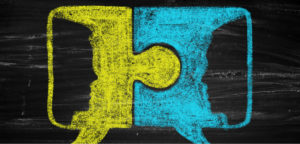
Coping with the Curse of Knowledge (and Yes, You May Have It Too)
Having never viewed myself as an expert and periodically believed I’m an imposter just waiting to be found out, I went a long time without worrying about the so-called curse of knowledge. I couldn’t possibly know too much math and chemistry, the content I teach.




